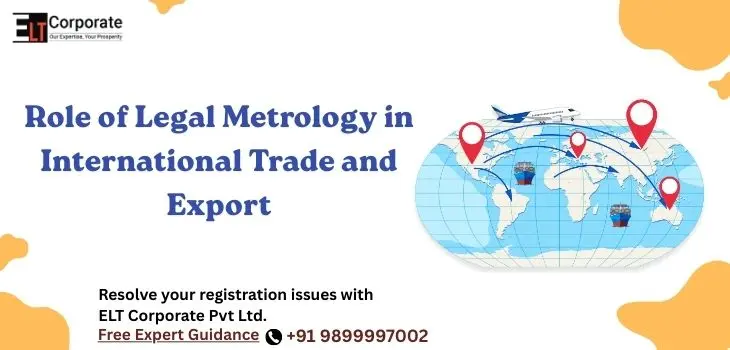How to Start a Gym Business?
Starting a gym business in India is one of the most profitable ventures today due to the growing demand for fitness, health, and wellness. With people becoming more conscious about their health, gyms are not just for bodybuilders anymore, they cater to working professionals, students, homemakers, and even senior citizens. What does it mean to start a gym business? To start a gym business means to establish a fitness center that provides workout facilities, equipment, personal training, and wellness services to customers. It involves investment in infrastructure, licenses, staff, and marketing to run a gym professionally. Why is starting a gym business a profitable idea today? Starting a gym business is profitable because: Rising Health Awareness – People are more conscious about fitness post-COVID. Growing Demand – Increasing lifestyle diseases like obesity and diabetes. Recurring Revenue – Monthly and yearly membership fees. Diverse Services – Personal training, Zumba, yoga, diet consulting, etc. Urban Lifestyle – Sedentary jobs lead people to seek gyms for fitness. What are the first steps to start a gym business? The initial steps to start a gym business include: Conduct market research (target customers, competitors). Decide your business model (unisex gym, women-only, premium fitness center). Prepare a business plan with investment and revenue estimates. Choose a suitable location. Arrange funding (loan, self-investment, or partnership). Register your business and apply for licenses. What Legal Requirements are Needed to Start a Gym Business? To start a gym business, you need to meet certain legal requirements: Business registration (Sole Proprietorship, LLP, or Pvt. Ltd. Company). Shop and Establishment Act license. GST registration. Fire and safety clearance. Trade license from the municipal authority. Employees’ Provident Fund (if staff exceeds threshold). How Much Investment is Required to Start a Gym Business in India? The investment to start a gym business in India depends on the type of gym. S.No. Type of Gym Approx. Investment 1. Small/Basic Gym ₹15–20 lakhs 2. Mid-Range Gym ₹30–50 lakhs 3. Premium Gym/Fitness Studio ₹1–2 crores What equipment is essential to start a gym business? Essential equipment for starting a gym business includes: Cardio Machines – Treadmills, cross trainers, stationary bikes. Strength Machines – Smith machines, chest press, leg press. Free Weights – Dumbbells, barbells, weight plates. Benches & Racks – Flat/incline benches, squat racks. Accessories – Mats, resistance bands, kettlebells, ropes. How to choose the right location to start a gym business? The location plays a crucial role when you start a gym business. Consider: Accessibility – Near residential or commercial hubs. Space – Minimum 2,000–5,000 sq. ft. for a mid-range gym. Parking Facility – For customer convenience. Visibility – Easily identifiable from main roads. Competition – Avoid areas saturated with too many gyms. What Licenses and Registrations are Required to Start a Gym Business in India? To start a gym business in India, the following licenses/registrations are required: Trade License (from local municipal corporation). Shop & Establishment Registration. GST Registration (for tax compliance). Fire Safety Certificate. Music License (if playing music inside the gym). Professional Tax Registration (if applicable in the state). How to Build a Business Plan to Start a Gym Business? A business plan is essential when you start a gym business. It should include: Market analysis and target customers. Gym model (basic, premium, or boutique). List of services (weight training, Zumba, yoga, personal training). Cost estimate and funding plan. Pricing and membership packages. Marketing and promotion strategy. What staff and trainers are needed to start a gym business? For running a gym business, you need: Certified fitness trainers. Nutritionist/diet consultant (optional). Reception/admin staff. Cleaning and maintenance staff. Marketing manager (for premium gyms). How to Market and Promote a Gym Business Effectively? Effective marketing is key to start a gym business successfully: Digital ads (Google, Instagram, Facebook). Local influencer tie-ups. Referral offers for members. Free trial classes. Partnerships with schools, corporates, and housing societies. What Challenges are Faced While Starting a Gym Business? Challenges in starting a gym business include: High initial investment. Retaining members long-term. Competition from existing gyms and fitness apps. Hiring qualified trainers. Maintenance of costly equipment. How to Make a Gym Business Successful In the Long Run? To ensure success of a gym business in long run: Focus on customer service and results. Keep upgrading equipment and facilities. Introduce new fitness trends (HIIT, CrossFit, yoga). Flexible membership packages. Maintain cleanliness and hygiene. Engage customers via fitness challenges and events. How Much Space is Needed to Start a Gym Business in India? A minimum of 2,000–5,000 sq. ft. is recommended for a mid-range gym, while premium gyms may require 10,000+ sq. ft. depending on facilities. Is Starting a Gym Business Profitable in India? Yes, a gym business can be highly profitable due to rising fitness demand, recurring memberships, and add-on services like personal training and diet consulting.










